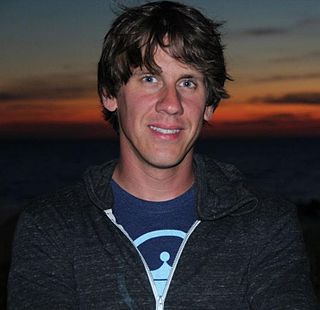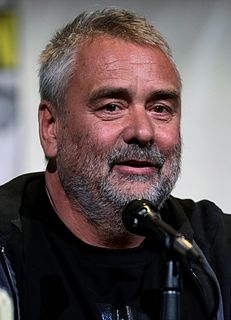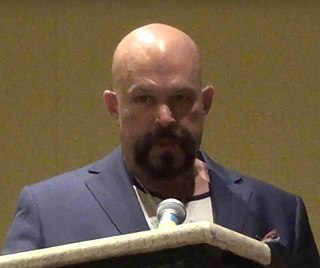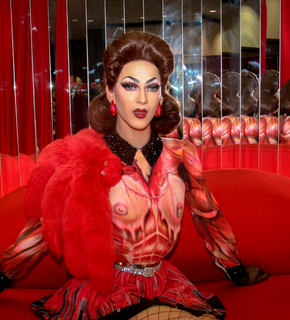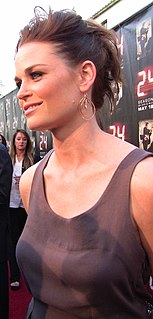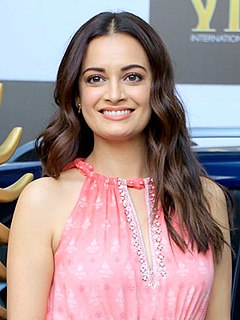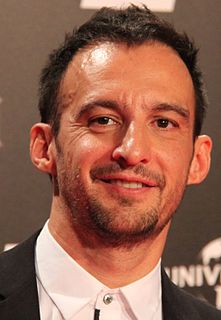A Quote by James Wan
I hope people will like 'The Conjuring 2' because I think it is a very natural and organic progression of the first movie.
Related Quotes
I can think of the number of people who were like, 'I will never get a cellphone because I don't want people calling me all the time. And I will never get on Facebook because I don't want to share that stuff with people. And Twitter, that's not for me.' And this is just the natural progression of things.
Loving a film is like falling in love with a woman or with a man like you never expect it. It it's not the one you think you will be in love with, you know. You think always that he will be with a beard, and black, and big and finally he's Chinese and you know it's the same thing. There's something very organic about the film and if you forgot it, if you don't have this seed in it...this organic flavor in it the film doesn't work it's wrong.
Whether people are making narrative cinema or experimental cinematic movie experiences, they all want the biggest screen possible and the quietest room and the most attention to every nuance and detail. Obviously, most people will not see the movie that way, but I can still hope for it, and I'd like to think we will be able to pull it off this time.
A lot of it is just waking up and putting one foot in front of the other and going where I just go, a natural progression. The other thing is I do have a lot of ideas. TV seems to be where it happens faster, quicker. You are trying to get a movie off the ground, and it's very difficult. One movie takes two years to make
People inside the theaters usually, not 100 percent but most of them, enjoy the movie. Usually they come with a small negative view. In a way, they're prepared to get bored because it's silent and because it's black and white. So they are much more pleased to be entertained in a way. They're very happy when they go out. This was my job. For the other ones, I can do nothing except screen the movie and hope that they will say to their friends that it's not so [bad].
For my first movie, I think my first cut was like three hours, because when you first direct a movie, you want to keep everything. But I'm not one of those directors who falls in love with the stuff they've done. Already when I'm doing my first cut, I'm willing to cut out everything that is necessary.


